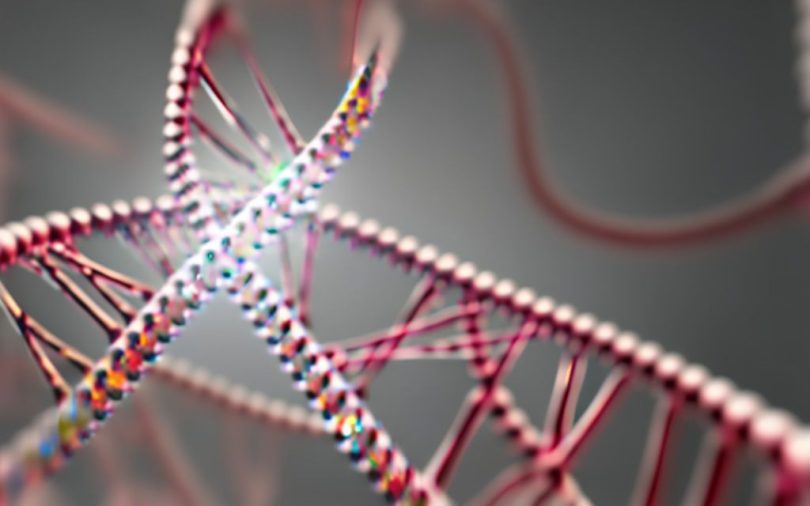Imagine revolutionizing medicine, agriculture, and sustainability at the molecular level. Synthetic biology, a multidisciplinary field at the intersection of biology, engineering, and computer science, is the driving force behind profound innovations that are reshaping entire industries. But what exactly is synthetic biology, and why does it matter?
What is Synthetic Biology?
At its core, synthetic biology is the engineering of biology. Unlike traditional biotechnology, which focuses on tweaking existing biological systems, synthetic biology takes a more ambitious approach by designing and building new biological components, systems, or even entire organisms that don’t exist in nature.
Scientists use tools like CRISPR gene editing, DNA synthesis, and computer modeling to create custom solutions to real-world challenges. Think of synthetic biology as programming for life, where DNA is the code and living cells are the hardware.
The Applications of Synthetic Biology
Synthetic biology holds the potential to revolutionize countless sectors. Let’s explore some of the most promising applications shaping our future.
1. Healthcare Innovations
Synthetic biology is redefining the way we diagnose, treat, and prevent diseases. From engineering bacteria to produce life-saving drugs like insulin to designing cutting-edge gene therapies, the possibilities are endless. For instance:
- Cancer treatments: Scientists are developing programmable cells that can detect and attack cancerous tumors with precision.
- Vaccines: Synthetic biology has played a crucial role in creating mRNA technology, as seen in vaccines for COVID-19.
- Personalized medicine: Tailoring treatments based on an individual’s genetic makeup is becoming more achievable through synthetic biology.
2. Sustainable Agriculture
For a planet grappling with climate change and food insecurity, synthetic biology offers innovative strategies to boost food production and sustainability. Here’s how:
- Synthetic fertilizers: Engineered microorganisms that naturally fix nitrogen in soil, reducing harmful chemical usage.
- Pest resistance: Creating crops that repel pests without the need for toxic pesticides.
- Lab-grown meat: Producing animal-free meat alternatives with the same texture and flavor as traditional meat.
3. Environmental Solutions
Synthetic biology provides tools for tackling major environmental challenges, including:
- Biodegradation: Engineering microbes that can break down toxic plastics or harmful pollutants in the environment.
- Carbon capture: Developing organisms designed to sequester CO2 from the atmosphere, helping to combat global warming.
- Biofuels: Using microbes to produce renewable sources of energy, reducing dependence on fossil fuels.
4. Industrial Innovation
Industries are increasingly turning to synthetic biology to create advanced materials, improve efficiency, and drive sustainability. Examples include:
- Biomanufacturing: Using engineered organisms to produce materials like spider silk, biodegradable plastics, or even clothing fibers requires careful oversight, which is where industrial hygiene consulting firms play a crucial role in ensuring safety and compliance.
- Renewable chemicals: Producing valuable chemicals, like nylon or rubber, using bioengineered microbes as a sustainable alternative to petroleum-based production.
The Ethical Considerations of Synthetic Biology
While synthetic biology is full of promise, it also brings ethical challenges that demand scrutiny.
- Safety concerns arise over the potential misuse of engineered organisms or unintended consequences in natural environments.
- Access and equity become relevant as synthetic biology tools and treatments risk being available only to wealthy countries or individuals.
- Biosafety protocols and robust regulations are essential to ensure responsible innovation and the protection of ecosystems.
To address these challenges, collaboration among scientists, policymakers, and ethicists is critical to strike a balance between innovation and responsibility.
Conclusion
Synthetic biology could transform many fields and tackle global challenges. However, this power comes with responsibility. Scientists and policymakers must consider the ethics of their work and ensure it benefits society. Collaboration and transparency are essential to drive responsible innovation and reduce potential risks.





